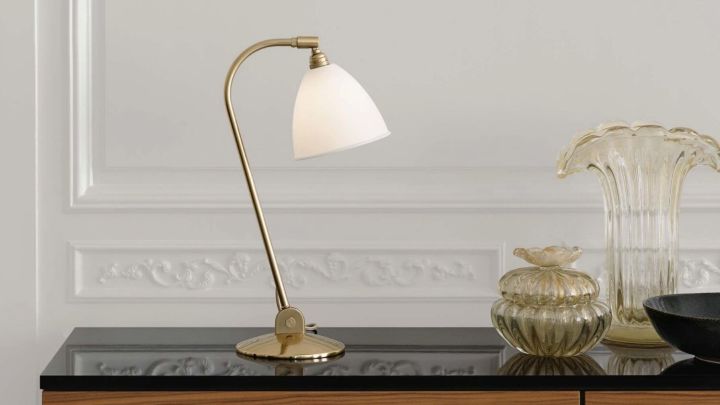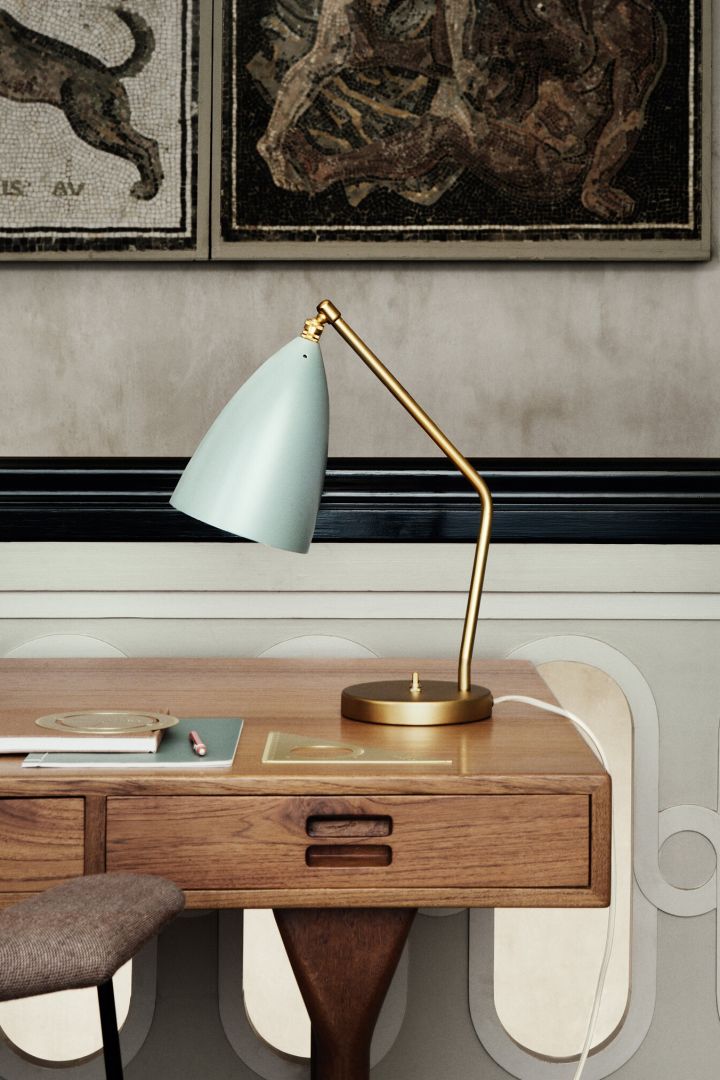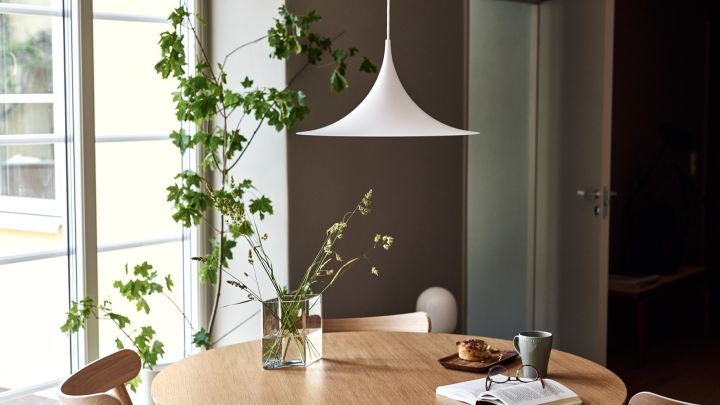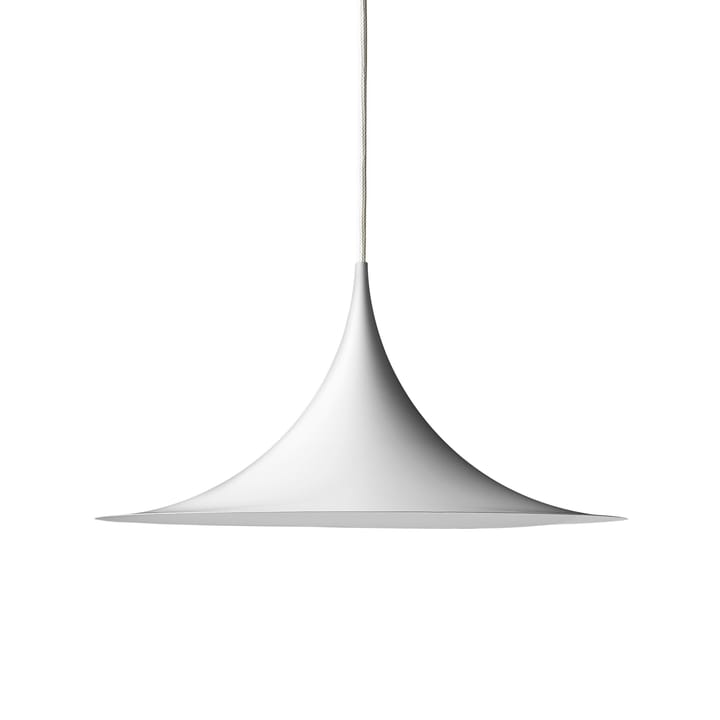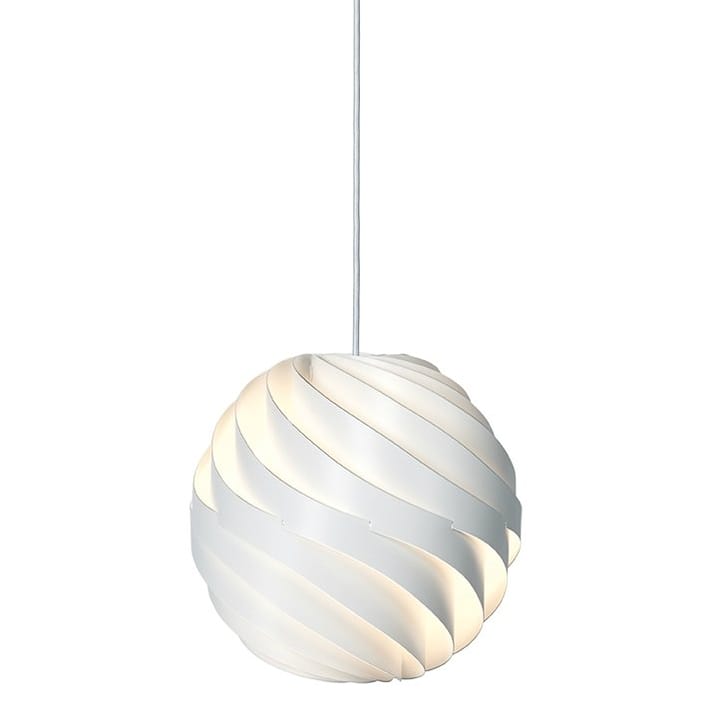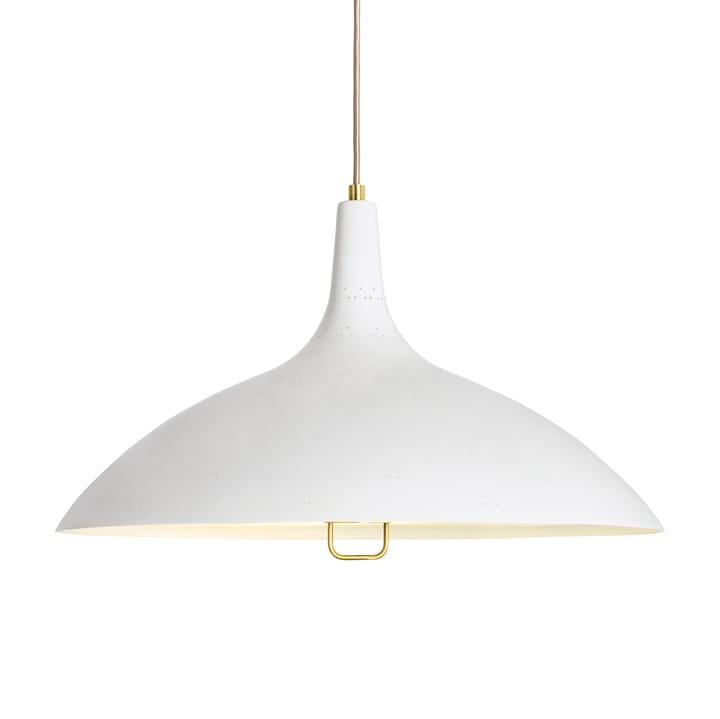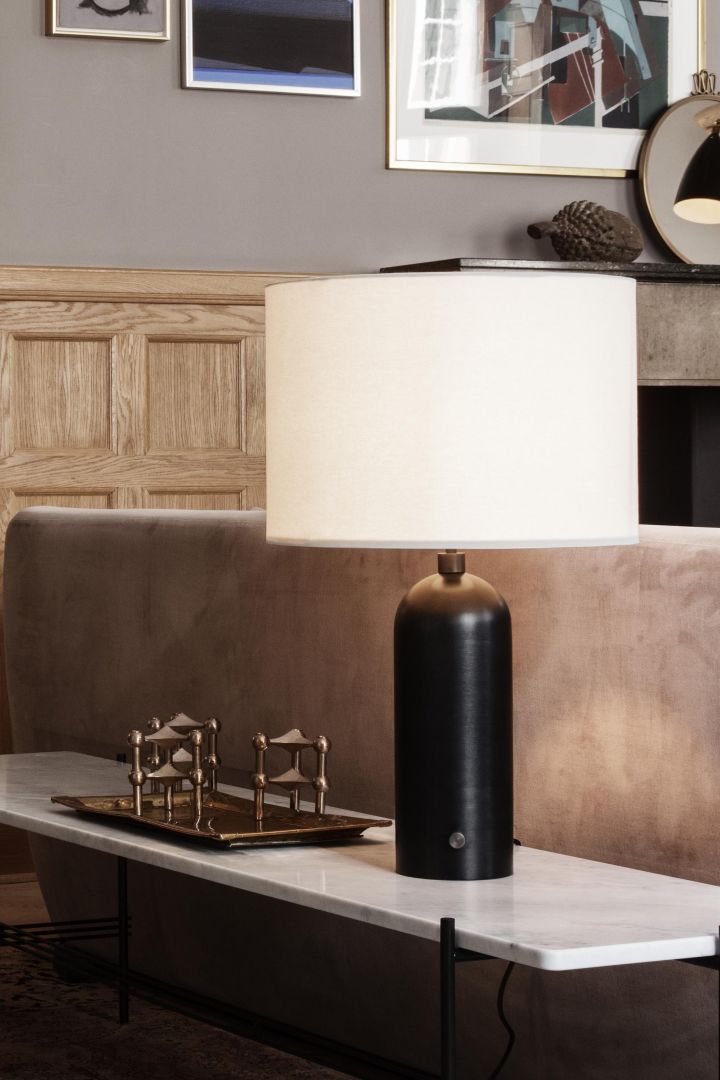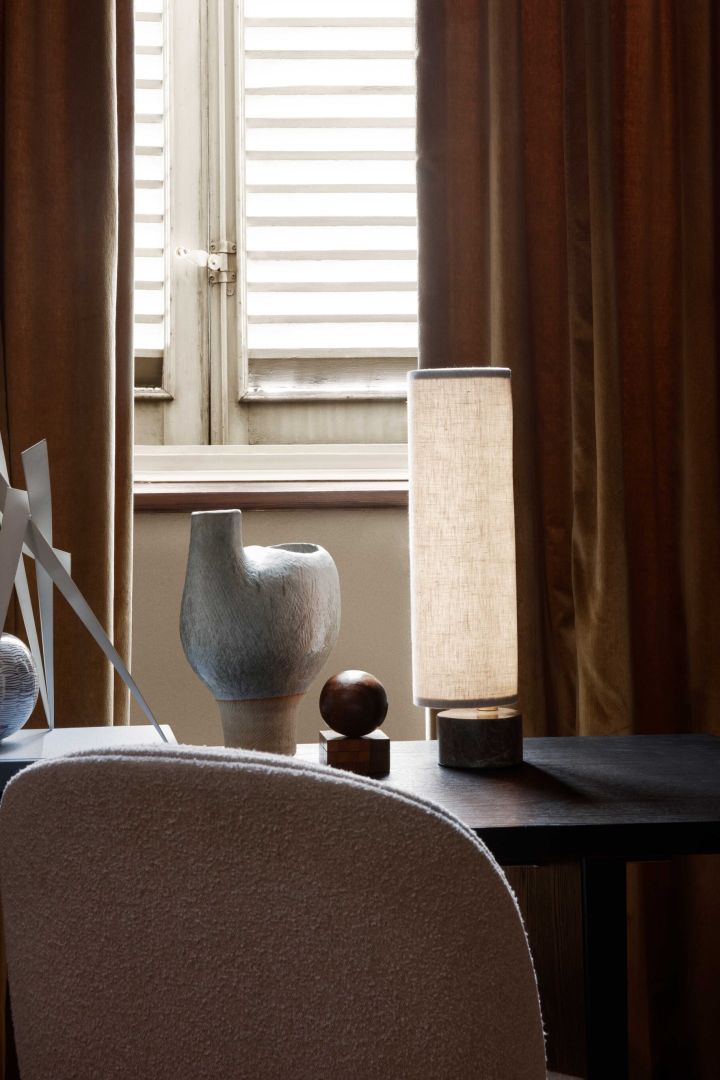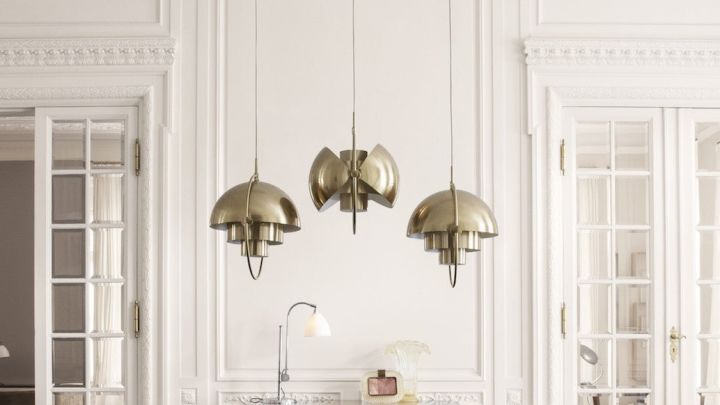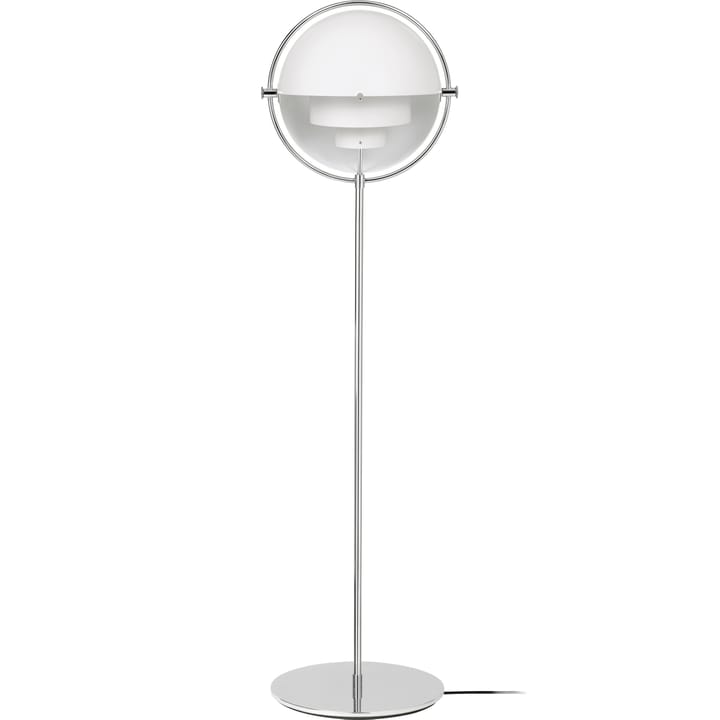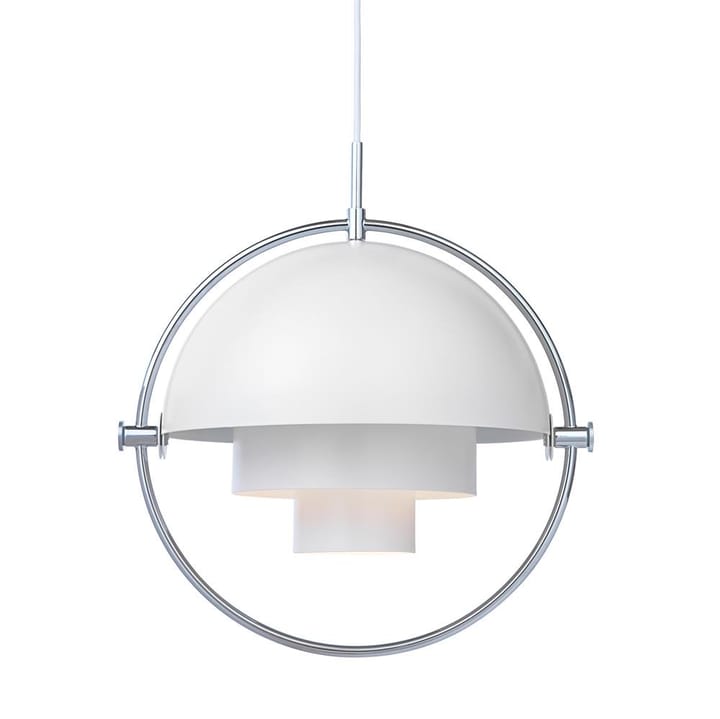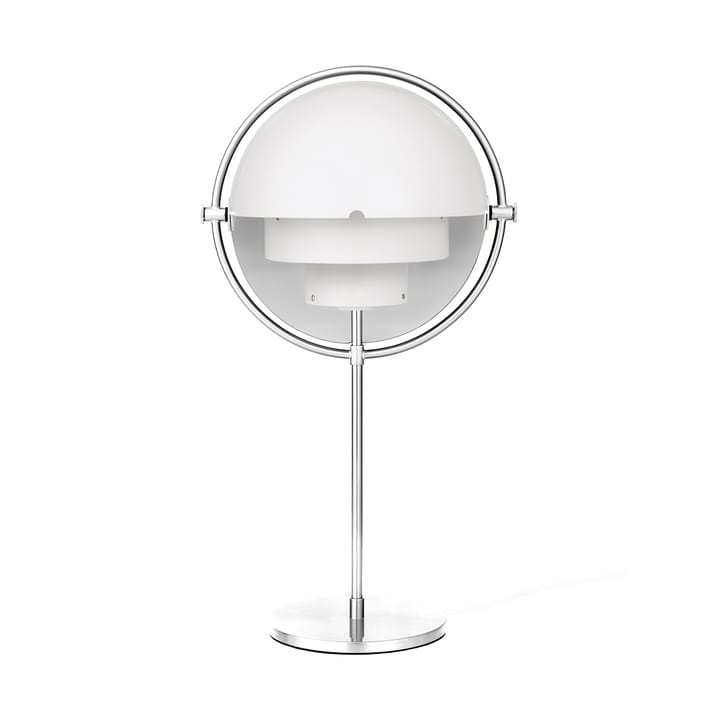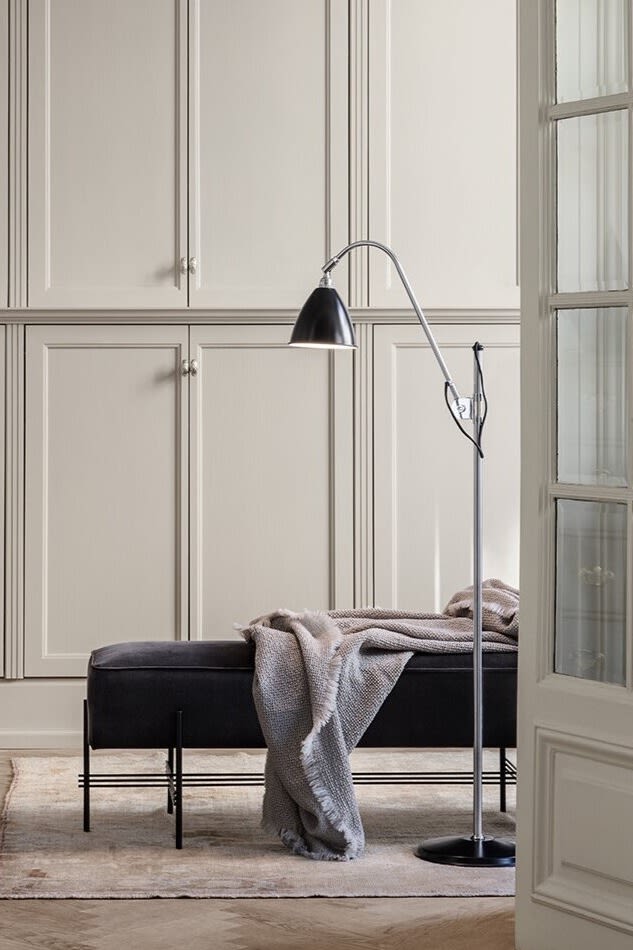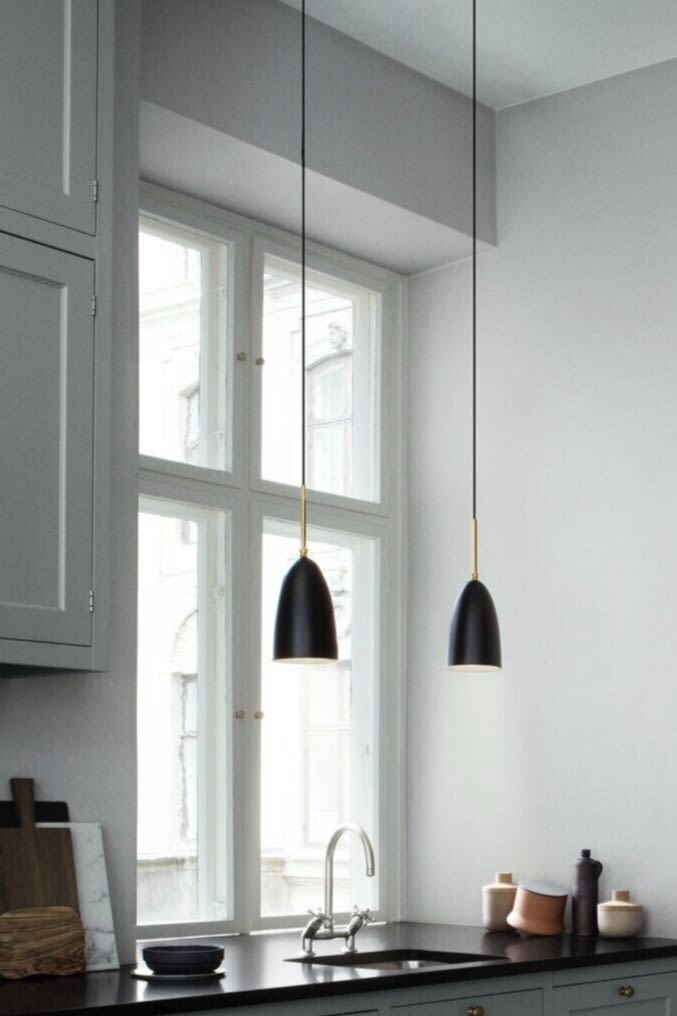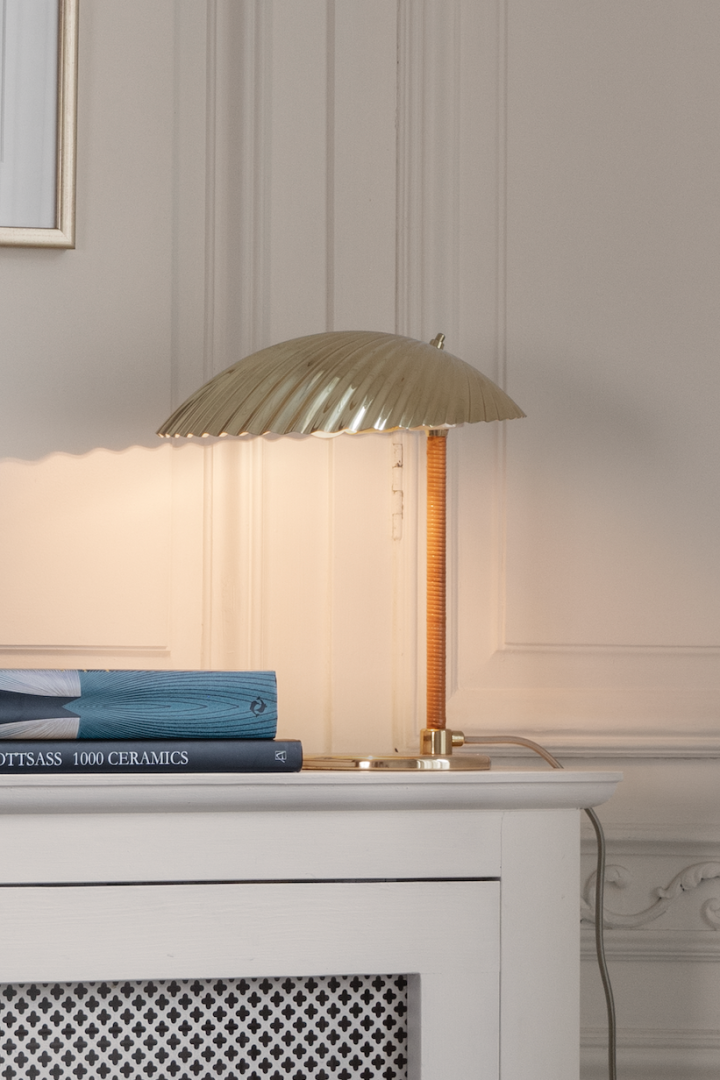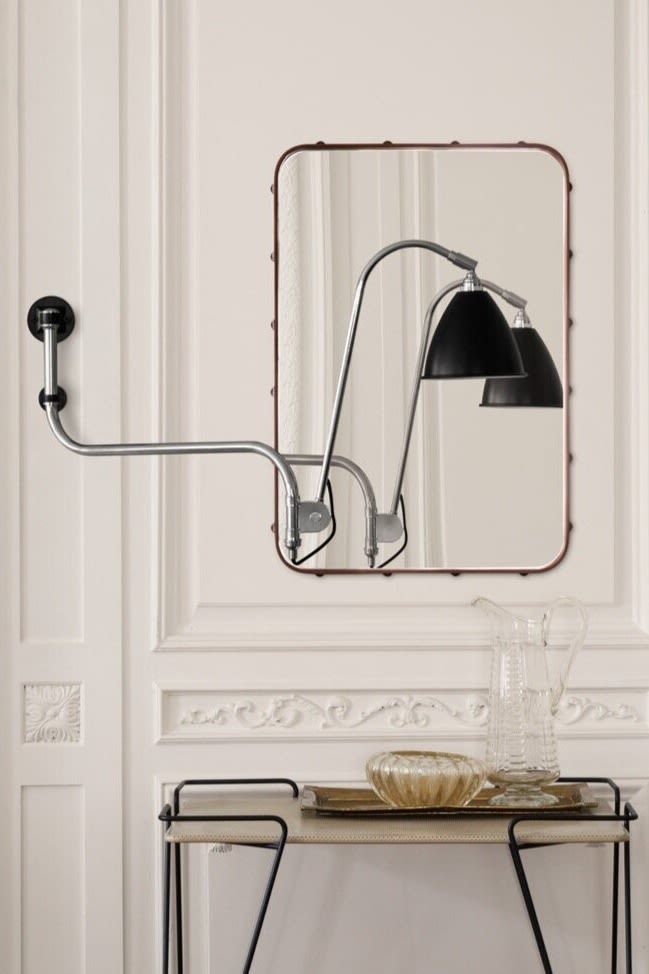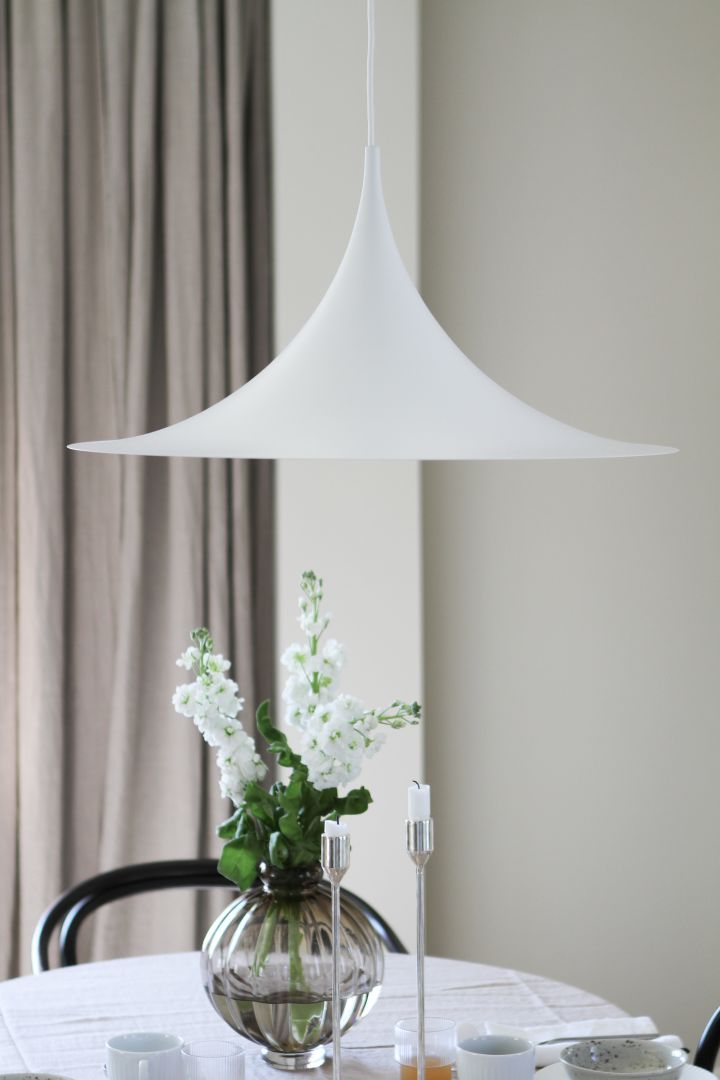FREE SHIPPING FOR ORDERS OVER $199
60 DAYS RETURN POLICY
5% OFF FOR NEWSLETTER-SIGN UP
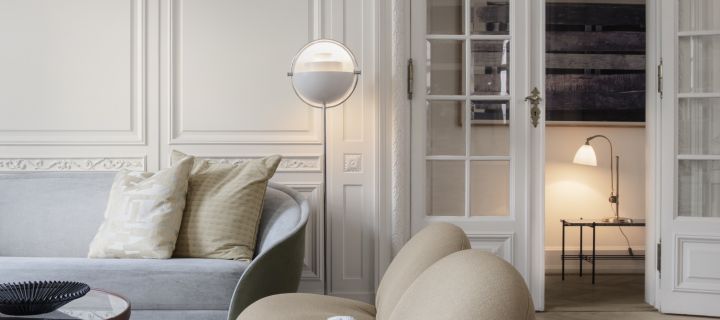
Light up your life - Tips for lighting your home from GUBI
DANISH DESIGN
Founded back in 1967 GUBI has a long history of creating beautiful and inspiring products. Their name has become synonymous with timeless, visionary design and high-quality craftsmanship. The company was originally focused on producing the GUBI family’s own furniture designs but has evolved over the years into an iconic design house that follows its instincts when it comes to collaborating with contemporary designers as well as promoting forgotten icons.
Danish design is loved the world over and for good reason. We asked Marie Schmidt, the CMO for GUBI what she thinks it is about Danish design that keeps people coming back for more. “Danes have design in their blood” states Marie. “The concepts of home and hospitality have always played a special role in Danish culture, and we are therefore raised with an appreciation of good design and an aesthetic sense that prizes functionality.” Dane’s often have an emotional connection to the design objects they surround themselves with says Marie, which she believes is why Danish design tends to be very long lasting. Both in the sense of the materials that are used but also because Danish design is passed down from generation to generation.
GUBI’S LOVE OF LIGHT
“Lighting has two design elements: the physical light source, and the effect the light itself has on the space. Designing lighting is therefore not only about creating beautiful, functional objects, but also about anticipating the way they will be used.” Marie says. When creating a new collection GUBI’s main aim is to create something that is dual function. It must be a fixture that provides the perfect lighting for an elegant dining table or a cosy reading nook, but it must also be attractive and inviting when the light is turned off, a piece of art in and of itself.
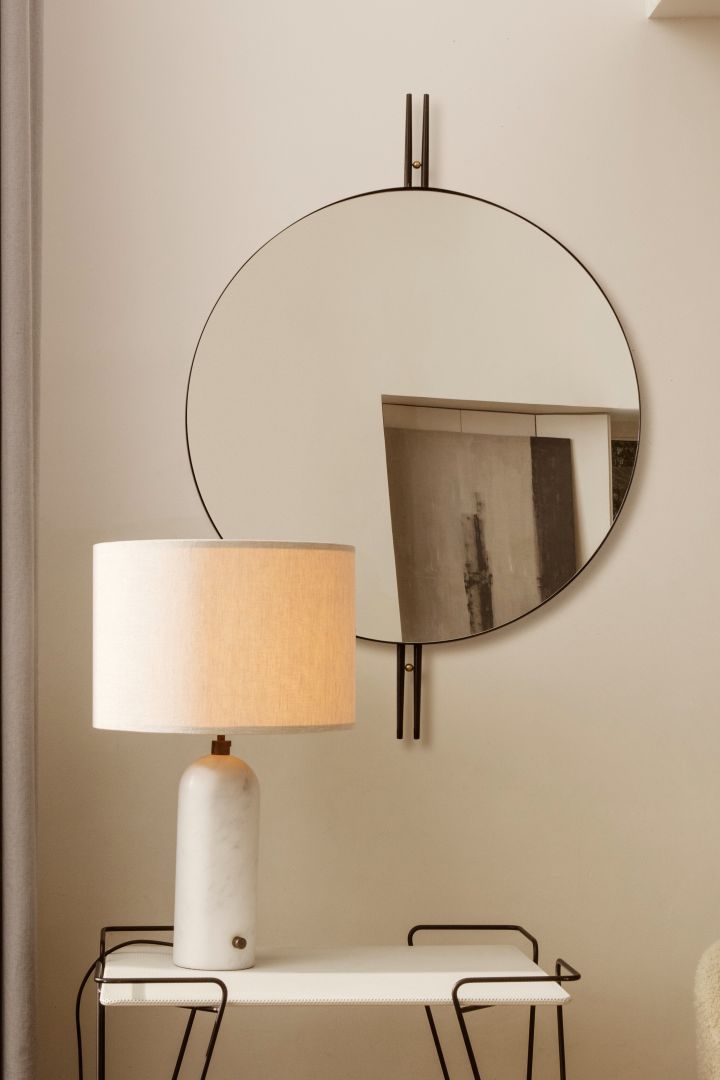
Think of your lamp as a work of art - consider how to display it when deciding on the placement.
It is this belief “that underpins GUBI’s approach to creating and curating lighting. We don’t pursue a particular style, we look for daring, considered design, and exacting artistic execution” Marie says. We can see this approach in so many of GUBI’s iconic lighting fixtures. There is a strong sculptural element to many of GUBI’s collections.
Unbound and Gravity for example are works of art in their own right. “As with any light the most important thing to consider when positioning a piece such as Unbound or Gravity is its relationship to its surroundings” states Marie.
Think about about the visibility of the lamp as well as the effect created by the direction and quality of the light it casts."
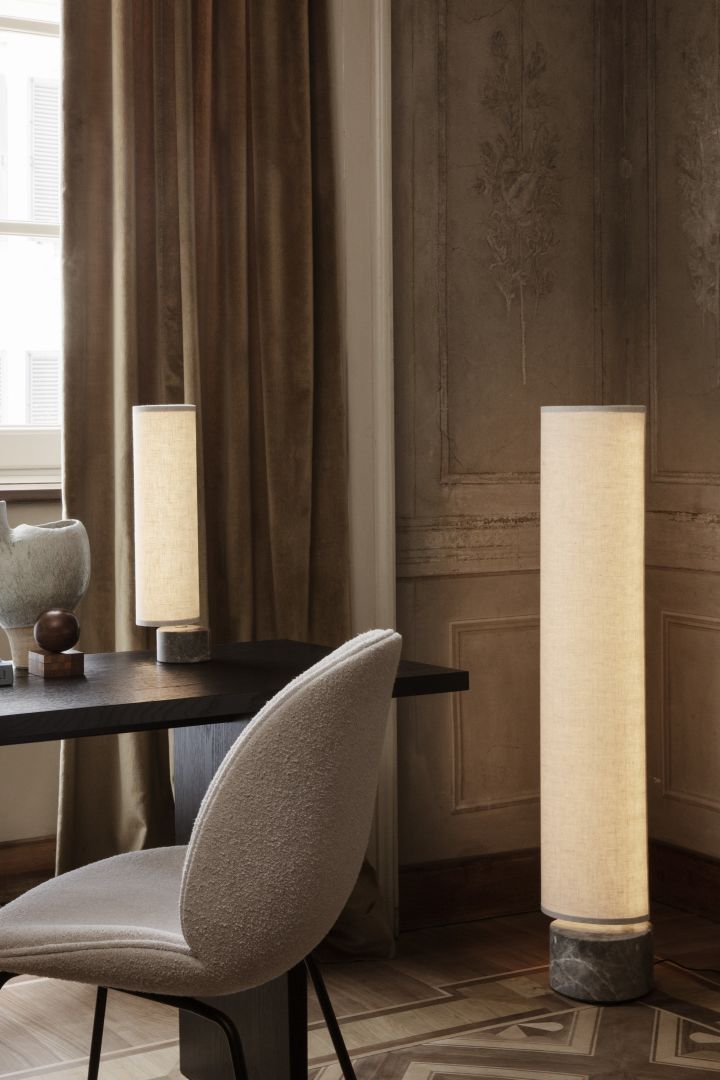
“A lamp such as Unbound can help to define the space, bringing warmth to dark corners, whereas the Gravity XL Floor Lamp plays with the scale of a room, offering low lighting with a firmly rooted base”
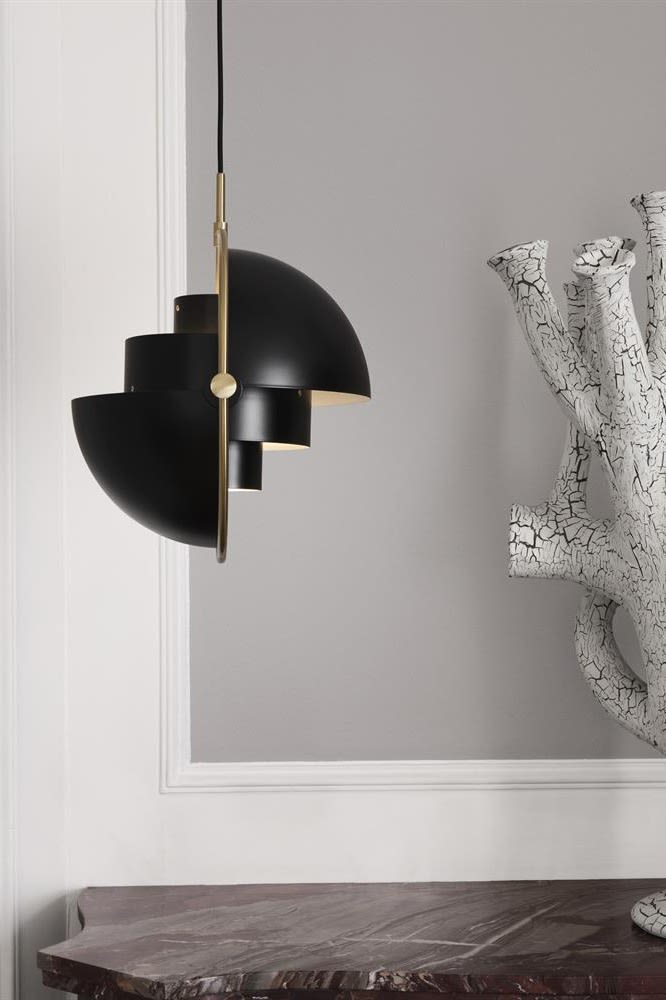
GUBI’s instinctive eye for design means they boost an impressive collection of both modern and classic lighting designs.
THE MULTI-LITE - A TIMELESS ICON
As well as contemporary and highly sculptural collections GUBI boasts a collection of classic and timeless designs, the most famous of which is probably the iconic Multi-Lite. “Weisdorf’s 1972 Multi-Lite Collection of pendants, floor lamps and table lamps represent the ‘golden era’ of Danish design” explains Marie. This family of lights is built up of some stunning pieces that look just as at home in any setting today as they did when they were first conceptualised. Marie believes that “the design’s longevity is largely down to its versatility. Multi-Lite is a highly configurable lighting family comprising of truly striking pieces that combine classic materials with contemporary style”. And we agree, this eye-catching design is one of our favourites. This family of lights is multifaceted, allowing you to place and direct lighting however you want.
LIGHTING IS ESSENTIAL FOR WELLBEING
We are all aware of how essential lighting is for our wellbeing and nowhere is this truer than inside the comfort of our own homes. So how can we bring in variety and layers to our home lighting? We asked the experts!
Lighting has been used to create an atmosphere and to reinforce the unique narratives of our homes for as long as we’ve been building them. Light ties the space together and influences how you experience every object within it” explains Marie.
She is quick to point out that “our internal body clocks are driven by light – the cold, blue morning light helps to wake us up, and the warm, yellow evening light, tells us it’s time to relax, wind down and eventually sleep. Bright lights intensify our emotions, while lower light levels tend to suppress them.”
Whilst this may seem like an obvious observation it is crucial when we consider what type of light source we will use in what area of our home. You may want to use a different type of light to help you wake up in the morning whereas a warmer more subtle light in the evening will help you unwind. This type of layering when it comes to adding multiple light sources in a room will help create a harmonious and yet equally functional home.
GUBI’S TOP TIPS FOR LIGHTING A ROOM
1. Think of your lighting scheme in layers.
2. Start with a layer of ambient lighting for the entire room.
3. Add four or five other points of light throughout the room for different tasks or behaviours (these can be switched on or off to create different moods).
4. Directional and accent lights are another way to layer lighting – perfect for highlighting interior features.
5. And remember – a lamp can always be a decorative object in itself.
Finally, we asked Marie what her lighting trend predictions for the future are:
Lighting used to be a seasonal thing, but this is changing as design lovers are learning to appreciate lighting all year round. In today’s interiors, lamps are increasingly becoming sculptural design objects that can serve as an anchor for spaces that express a sense of personal identity. I believe we’re likely to see a move towards a more conscious balancing of function and aesthetic in lighting design – for lamps to assume the status of art pieces as well as practical objects.
Photography: GUBI, Angeliqa Daldorph, @moeofsweden

